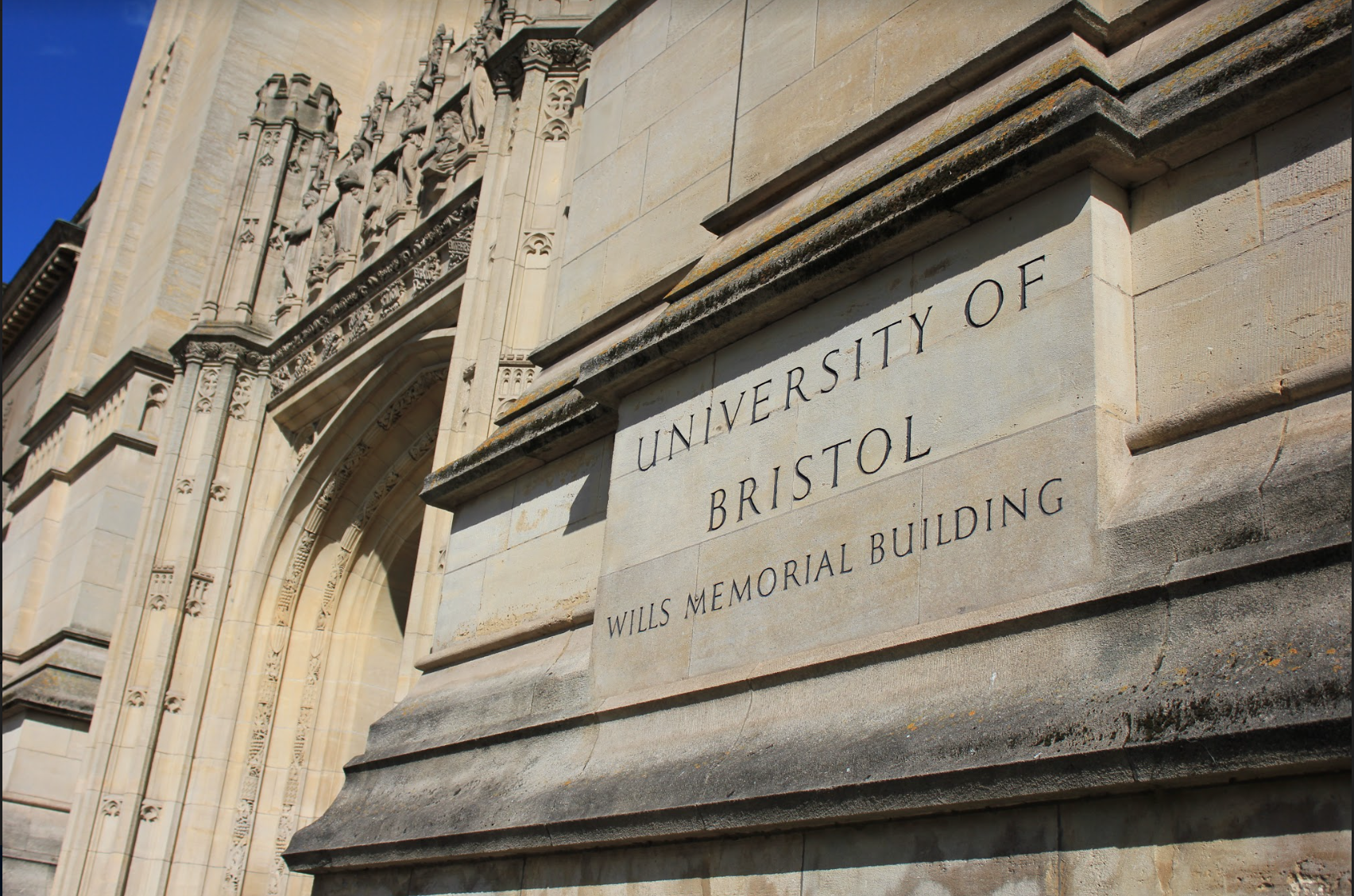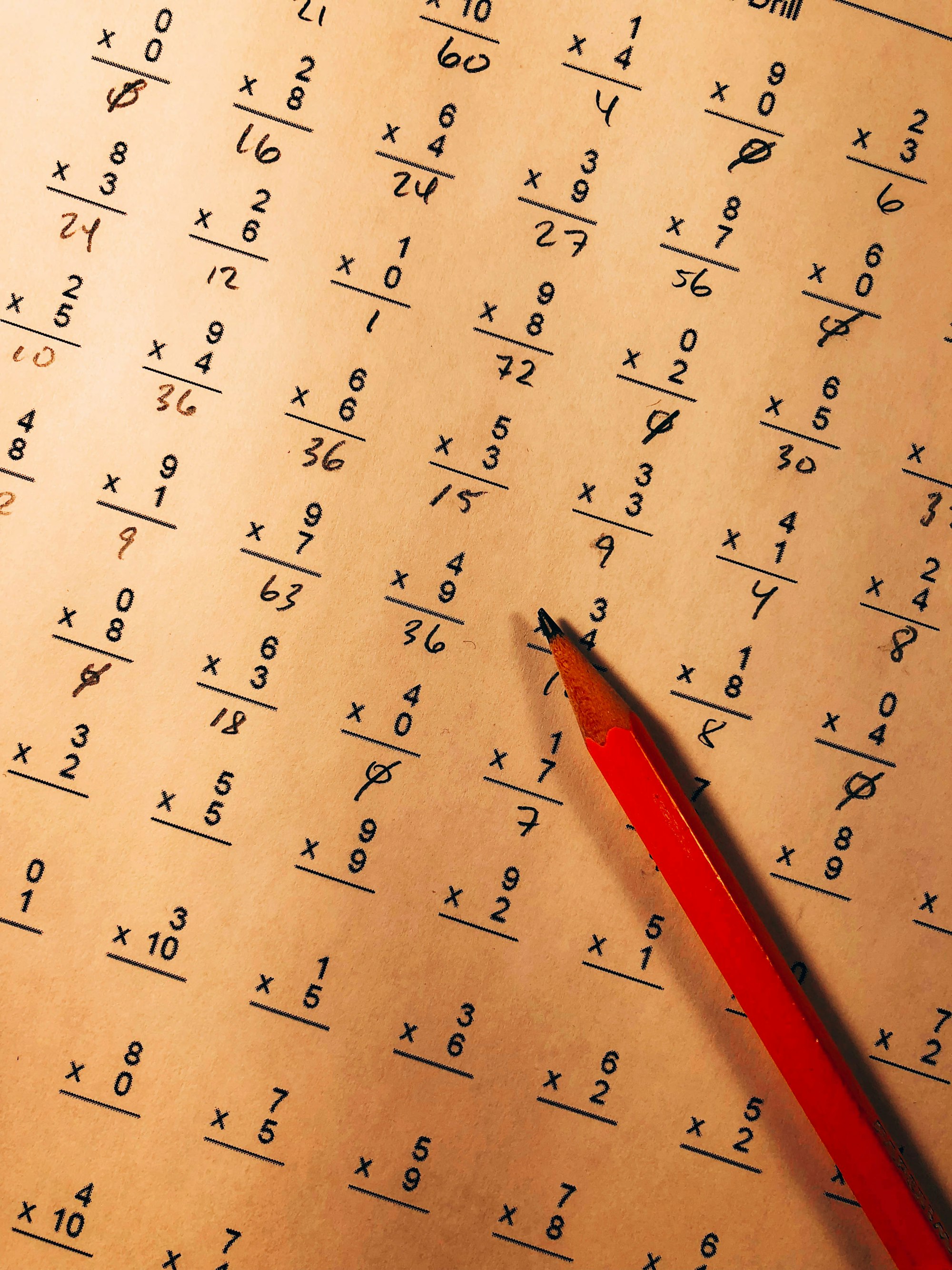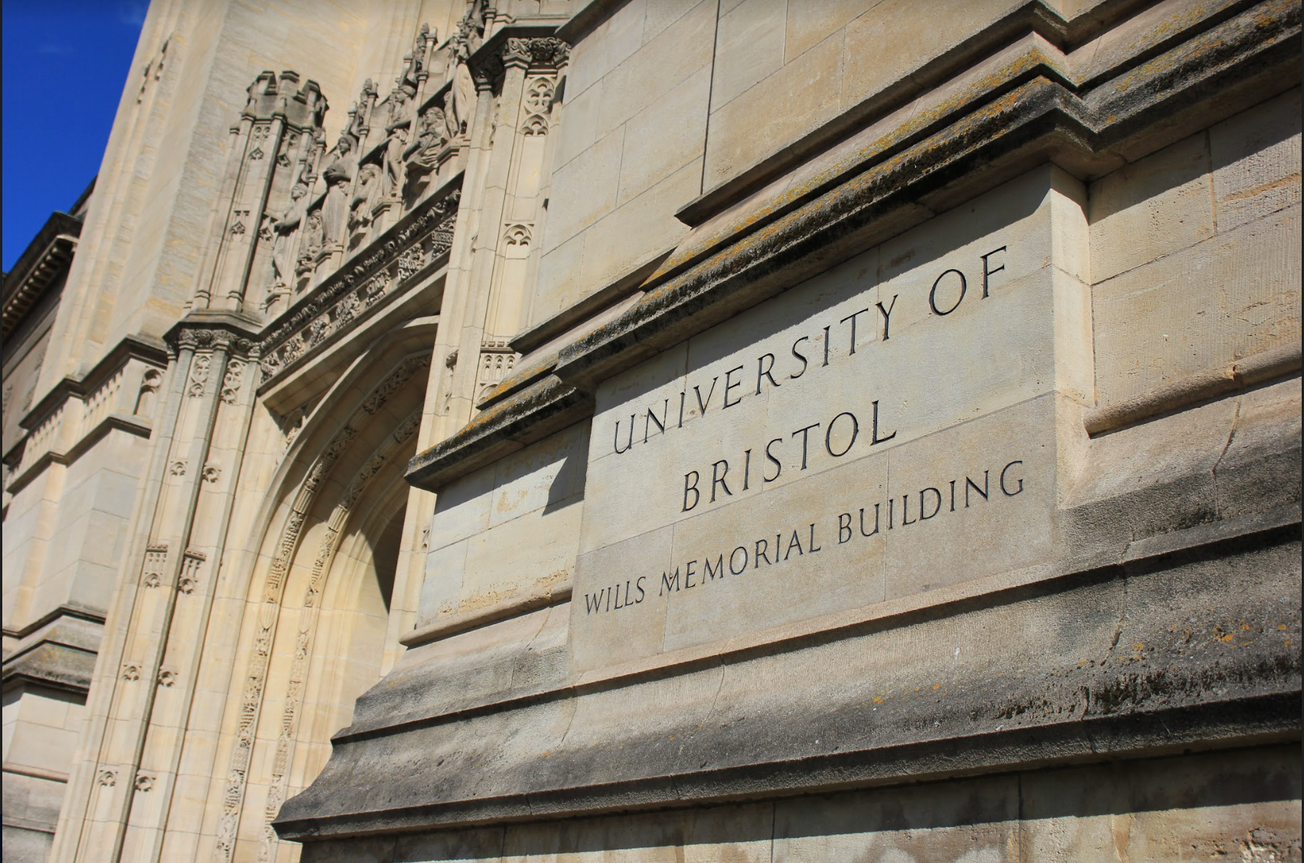By, Maxwell Livesey, 2nd Year, Law
Exams are incorrectly defining the word ‘intelligence’. By determining our success with a single, unnecessarily stressful test, that does not bare any resemblance to the conditions of the working world, exams fail to accurately measure our intellect.
Exams are one of the most important aspects of our academic life. As students at school and university, we strive to work hard to achieve a high mark, which determines so much of our future. Despite the enormous impact that exams have on our lives, they are often unrepresentative of the potential of each student and thus should not be the sole determiner of our success.

A significant proportion of university degrees use end of term and end of year exams to determine the entirety, or a large percentage, of a students’ mark and ultimately their degree classification. However, measuring students’ intelligence and ability through exams is limited by the scope and extent of the examination paper.
Many skills that reflect a student’s intelligence fail to be tested during examinations. Exams mainly test memorisation, which is not always indicative of real knowledge. Students can memorise facts, concepts, and statistics, and simply regurgitate them into short answer and multiple-choice questions, without truly needing to understand them. Many other skills, such as creativity and thinking outside the box, cannot be tested through papers that require objective responses.
As well as not testing all of our intellectual skills, the skills that exams do test are often irrelevant to those required in the working world. With access to the internet and the ability to look information up on the job, being able to memorise a large set of dates, facts or legal cases is not required or highly relevant in many fields of work.
Employability skills, such as communication, teamwork and flexibility, cannot be tested through written exams. How can we have our career prospects determined through a process that does not test the skills needed for a successful career?
Exams fail to accurately reflect our intelligence
Stress and exams are often inextricably linked, as students are faced with the daunting prospect of having their end of year mark determined by merely a few, quiet hours in an exam hall. Stress creates an unproductive environment for studying, in which students struggle to focus and work effectively, ultimately leading to potentially poor exam results. Not only does the stress of exams affect us academically, but it can also lead to physical symptoms such as headaches and chest pain. Mental health is an increasingly prominent issue amongst university students and no doubt exam-stress is contributing to this.
About to start a 3 hour statistics/epidemiology exam at home.
— David Field (@daithidublin) February 2, 2020
Spoiler alert: open book exams are actually the worst. #publichealth #masters #postgrad pic.twitter.com/3TKS12oQTK
The impact of exam stress is exacerbated by the fact that different students deal with stress in different ways. Some students are not fazed by the importance of exams and manage to study efficiently and achieve high marks. However, what happens to students who cannot cope effectively with stress and potentially do not do well in examinations? We cannot simply say that the person who deals with stress well is more intelligent, whilst the only thing preventing other students from doing well is their inability to deal with the pressure induced by exams.
Abolishing exams is not the solution. Although some, examinations do test our ability to solve problems under pressure, and, through lengthy spells of studying, teach us the importance of hard work and motivation. However, examinations cannot be the sole determiner of our intelligence, and thus our future prospects, whether in the working or academic world. The ability of exams to determine someone’s intellect is limited.

Universities and schools need to take a holistic approach when testing students. By using examinations in combination with other practices, assessments of students will be more reflective of their true ability.
Exams fail to accurately reflect our intelligence and therefore cannot be the only determiner of our academic success and future prospects.
Do you think exams effectively test students?









